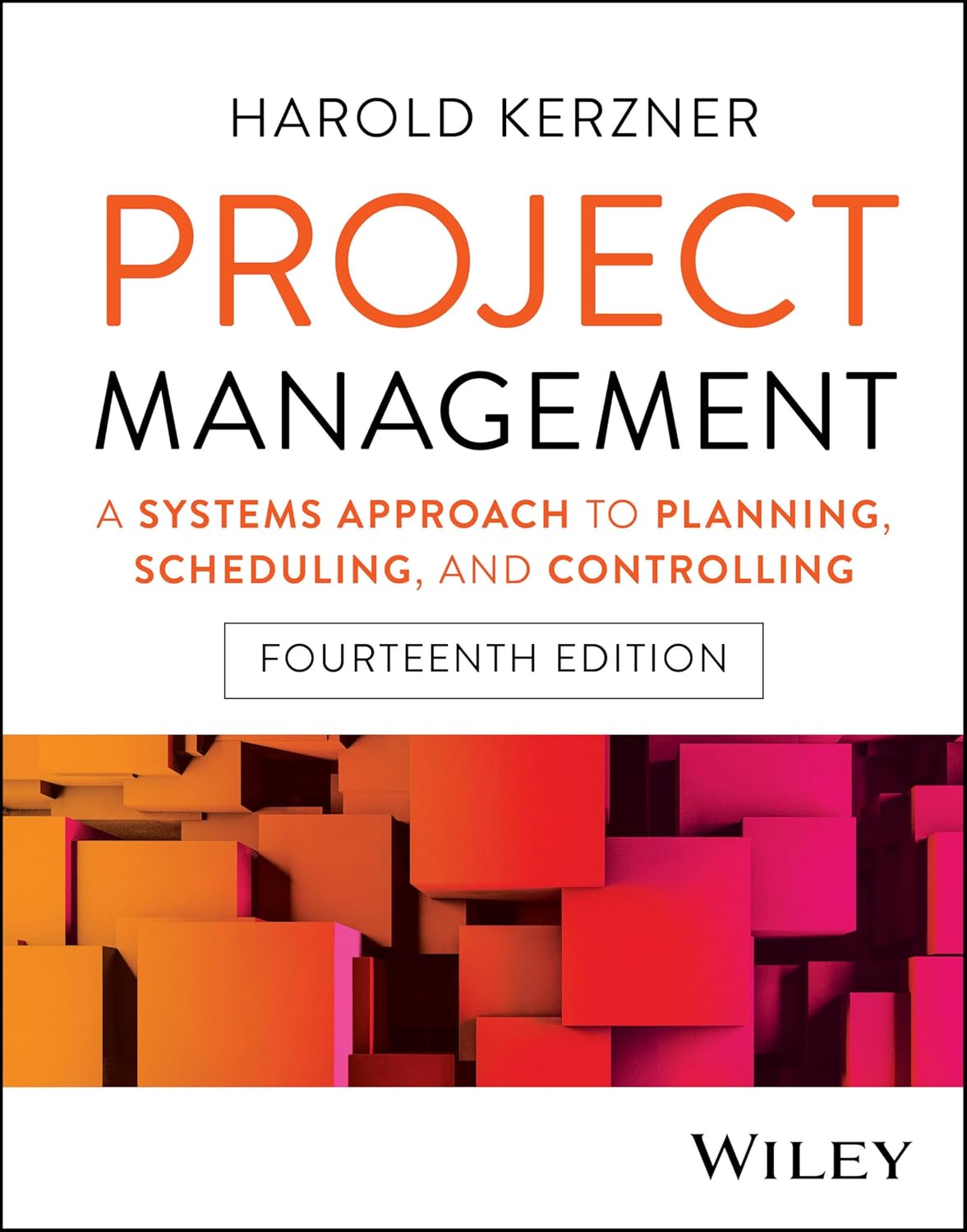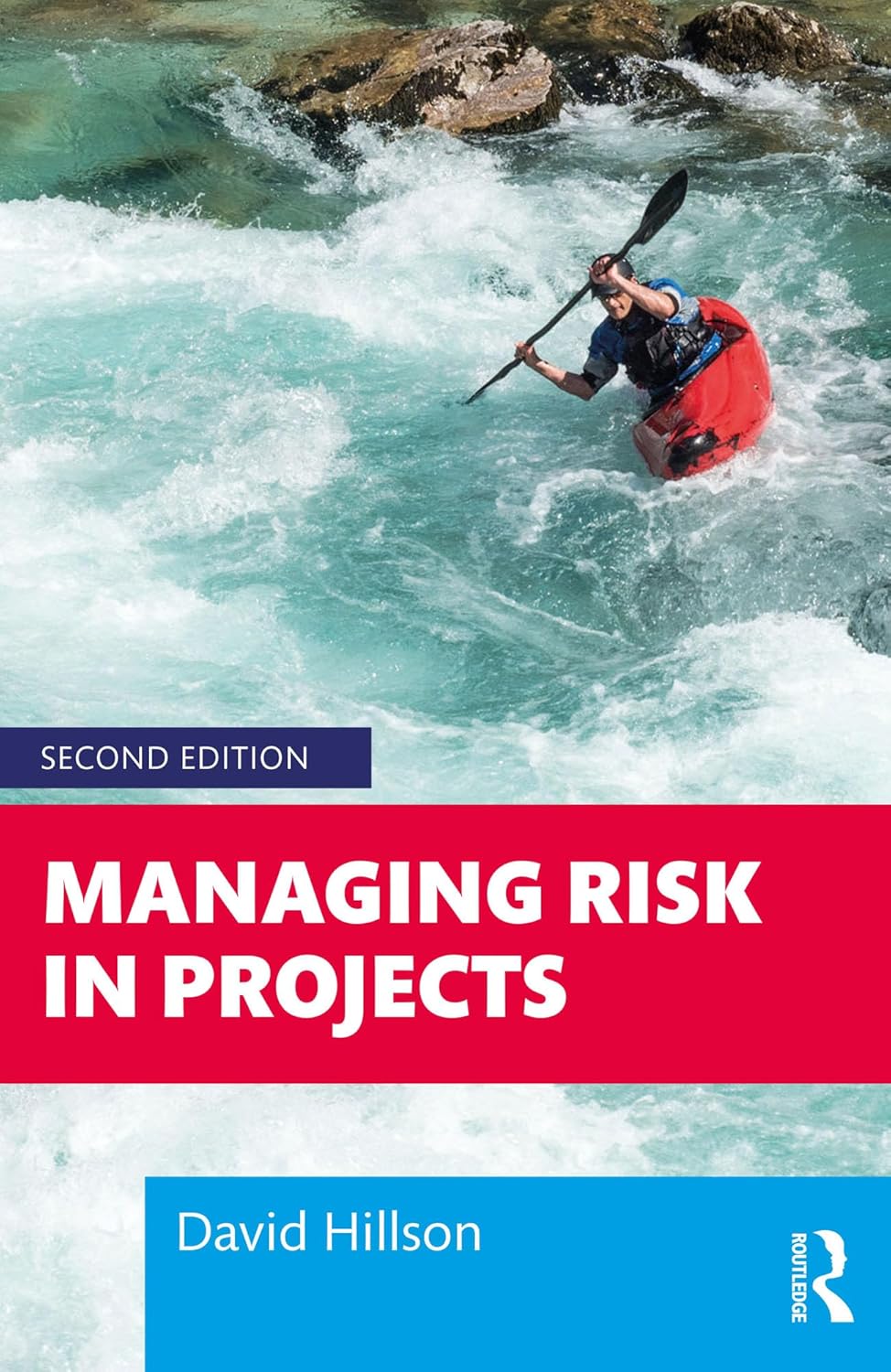
Risk Management Plan
What is a Risk Management Plan?
A risk management plan is a formal document that outlines how a project team will identify, analyze, respond to, and monitor potential risks throughout the project lifecycle. It serves as a roadmap for minimizing the impact of uncertainties that could negatively affect project objectives such as scope, schedule, cost, or quality. The project team assigns roles and responsibilities, establishes risk thresholds, and details the tools and methods they will use for risk assessment and mitigation. They typically develop the plan during the planning phase of a project and update it as risks evolve or they discover new ones.
Key Points
- It defines the overall approach to managing risks in a project.
- The plan identifies known risks and the processes for discovering unknown ones.
- It outlines qualitative and quantitative risk analysis techniques.
- Roles and responsibilities for risk ownership and response actions are clearly assigned.
- The document supports decision-making and improves stakeholder confidence.
- A well-prepared plan contributes to fewer disruptions and cost overruns.
Related Terms
- A risk register is a key output of the plan and records all identified risks and associated actions.
- The project management plan includes the risk management plan as one of its components.
- Qualitative risk analysis helps prioritize risks based on probability and impact.
- Teams develop contingency planning through insights gained in the risk management process.
- A stakeholder analysis can reveal perspectives that inform better risk identification and assessment.
Risk Management Plan: Example
In a construction project to build a municipal recreation centre, the project team creates a risk management plan before beginning site work. The plan identifies weather delays, labour shortages, and permit approvals as potential risks. It outlines how the team will conduct weekly risk reviews, assess the likelihood and severity of each risk, and develop response strategies such as securing backup contractors or accelerating specific tasks. The plan assigns a risk officer to monitor all mitigation actions and report updates to the project sponsor.
Risk Management Plan: Best Practices
- Begin risk planning early and involve cross-functional team members to capture a broad range of insights.
- Keep the plan flexible and update it regularly to reflect changing project conditions.
- Use both qualitative and quantitative analysis to ensure a balanced view of risk impact.
- Communicate risks and responses clearly with all stakeholders.
- Link risk response actions to project milestones to ensure timely implementation.
Additional Resources
Preparing for a PMI certification?
- Exam Prep Courses: PMP®, CAPM®, and PMI-ACP®
- Exam Simulators: PMP®, CAPM®, PMI-ACP®, PMI-PBA®, PMI-RMP®, PMI-SP®, PgMP®, and PfMP®
- Professional Development Units (PDUs): 15, 30, and 60 PDU Bundles




